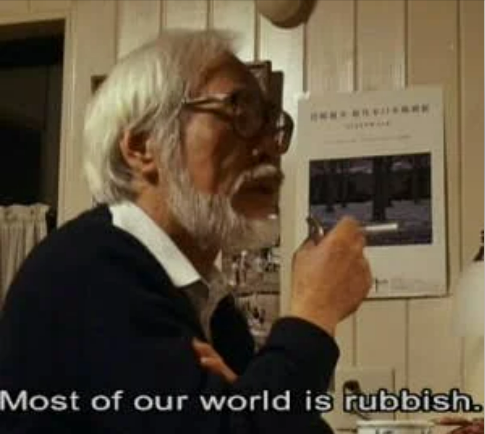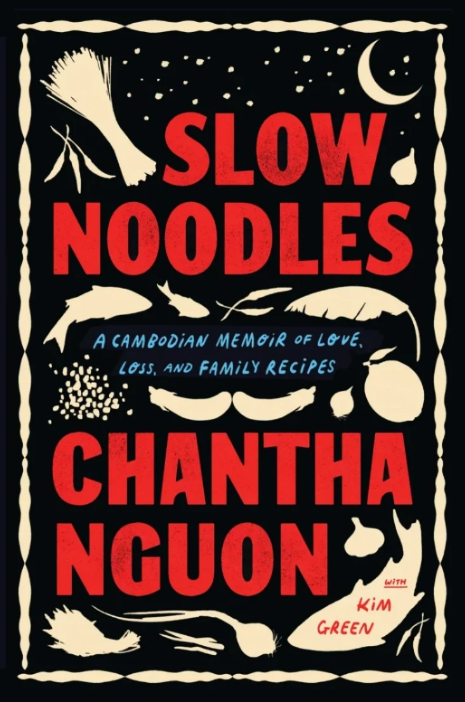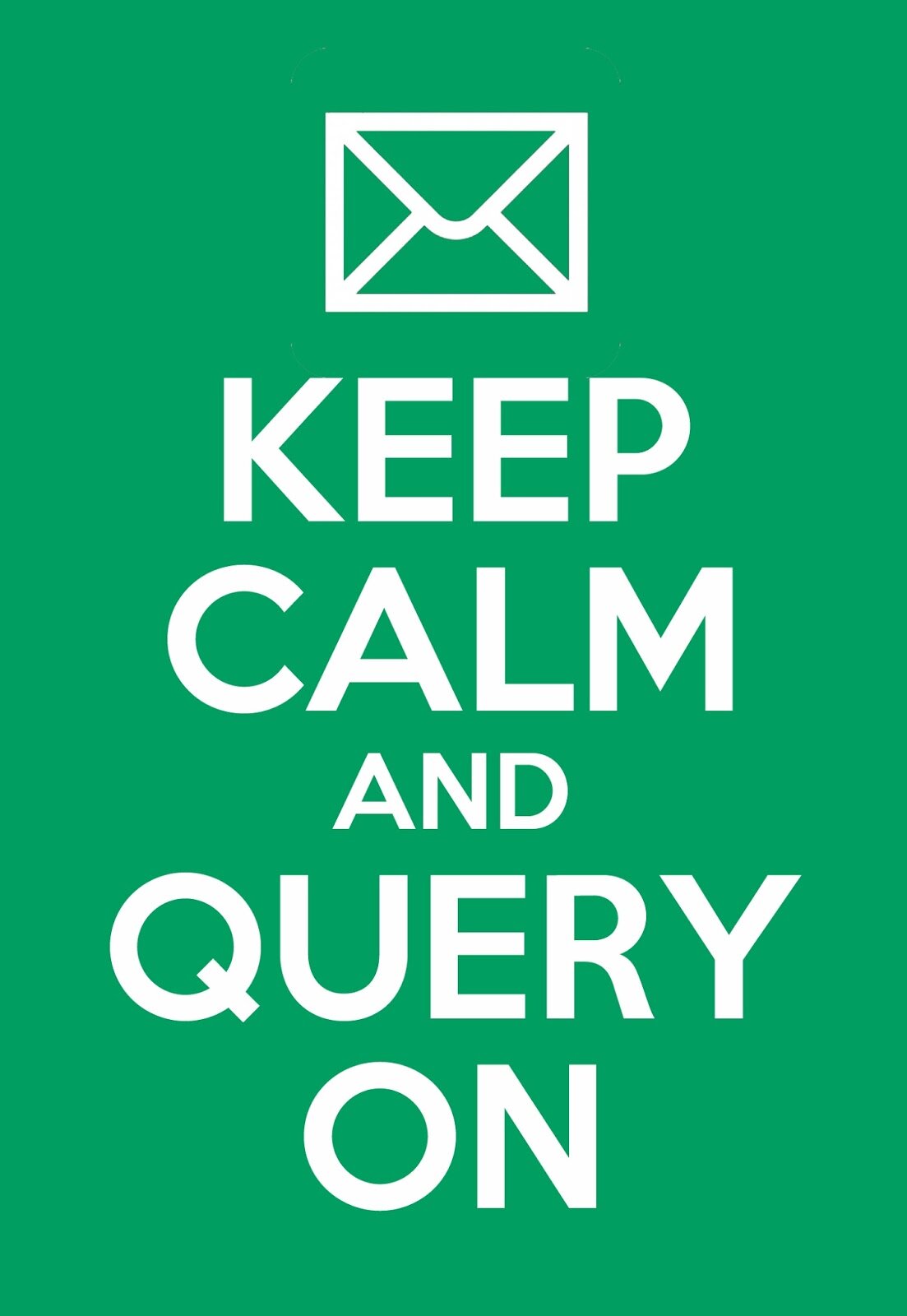
Writer’s Ask: Should I dump my agent?
Because here’s the thing — if you do the work of finding yourself a publisher and then you have a publishing contract to negotiate and you have a dangling pseudo-agreement with an agent you don’t really like or trust to have your back, then are you obligated to have them negotiate that contract for you? It’s not clear. Is it ethical to seek a new agent’s input when you could still be considered actively working with your old agent? Definitely not. Messy, messy, messy.

Writer’s Ask: If my work was bad, would you tell me?
God bless it, I had a client reach out the other day with an editing request for a novel manuscript and this sweet summer soul asked me this question: “If my work was really bad, would you tell me?”
The short answer is: No, it’s not my policy as an editor to sugarcoat the truth.
However, that’s not the question they were really asking.

Writer’s Ask: Is writing irrelevant?
That was a big topic of conversation: what actually matters in writing? Specifically, what is it about the whole act of writing that matters? The editing, the submitting, the contracts, the promoting of accepted work in journals and publications that are just a drip in the daily deluge of written content… After all, both of our day jobs (which are both in helping professions) felt themselves like drips of compassion in the daily deluge of suffering and pain. Compared to the state of the world, writing felt like an overly indulgent and increasingly selfish refuge.

Writers Ask: What do I do when two publications are interested in the same piece?
Most publications will allow you to simultaneously submit one piece to several different journals at a time. The etiquette, should you receive an acceptance, is to immediately notify all the publications who are considering that same piece that it has been accepted elsewhere and withdraw it from their consideration.
But every once in a while, lightning strikes.

Writers Ask: Should I be on social media?
When we are embarking on writing, we need to have a safe harbor in which to rest. I am a huge fan of cultivating a sense of safety into our writing practice. Whether that’s disconnecting from the news, taking refuge in your friends and family, keeping a day job to protect your financial safety, or yes, staying off social media—all of it is incredibly important to protecting your practice and yourself as a writer.

Writers Ask: Should I self-publish?
A lot of people tend to agonize whether or not to self-publish; let me cure your agony. There are times when self-publishing a book is the appropriate path and other times when it’s not.


Writers Ask: Is my work “literary” enough?
The problem with the hand-wringing over what is considered literary and what is not has everything to do with the power dynamics and who’s talking to who and almost nothing to do with what the work actually is. Agents and editors who are trying to convince the powers in place to buy your manuscript so everyone can get a big pay out are going to use terms that remind the powers that be of money. Commercial, page-turning, bestseller material, book club pick… in other words, upmarket. When it’s awards season, these agents and editors (and now publishers) will take that same book and suddenly begin selling it as brilliant, wickedly talented, sparkling, a great American novel, a story of our times… in other words, literary.

Writers Ask: How can I find a writing group?
Behind every great writer, there is a writing group.
No matter how talented the writer is, how confident their writing sounds, how they seem to have been born with all the good words ready to go—I promise you they have at least one person—if not a whole group of people—they rely on for feedback before their work ever gets to an editor’s inbox. Look at the acknowledgements of their books; all those people they’re thanking that aren’t editors, agents, or family members? Yep. Writing group.

Writers Ask: I believe in myself. Why can’t others?
Everyone has to start somewhere. Nobody is born with a book already written and a publishing contract to boot. Every successful author had to experience exactly what you’re experiencing right now. Oftentimes, the only thing standing between publishing and not publishing is just whether or not the author is ready to give up on their work. There are thousands of editors, thousands of agents, thousands of publishers and literal billions of readers that all come with their own subjective tastes. You just need to convince one person at a time, and often the most important person to convince is yourself.

Writers Ask: How do I know when it’s time to move on?
At the time of your question, I had spent over four years with that book manuscript we spoke of. Four years and four major revisions and a year of querying and a year of full requests from agents and a year of requests for revisions from those agents, one of which came through an exciting and debilitating phone call, all of which resulted in painful passes. When you asked your question, I had gone a year without looking at that manuscript, without thinking about it, not because I just didn’t want to but because it was depressing and I needed to be in a state of not depressing for just a little bit.

Writers Ask: How many pieces do you produce in a year?
Some years are just more productive than others. Some years you’re not relocating your life. Some years you’re not writing a novel. Some years you’re feeling pretty good. Other years, you’re low in the lowest lows of rejection. Just last November, I was wallowing and complaining to my husband about how I’d had nothing published that year. That was less than six months ago. I’ve had two stories and two essays published since. I am in the middle of a very good year and I am going to take this year and run with it. I am going to celebrate as much as I can because next year, or even next month, may not be nearly as good as right now.

Writers Ask: How do you muddle through the middle?
If we are writing, we are always in the middle of the book. And it’s always a slog. The wheels always spin but the point is they spin. Good stuff becomes shit stuff becomes good stuff again and you just have to show up and trust the process. Everything looks different from day to day because you are different from day to day. You are evolving with your story.

